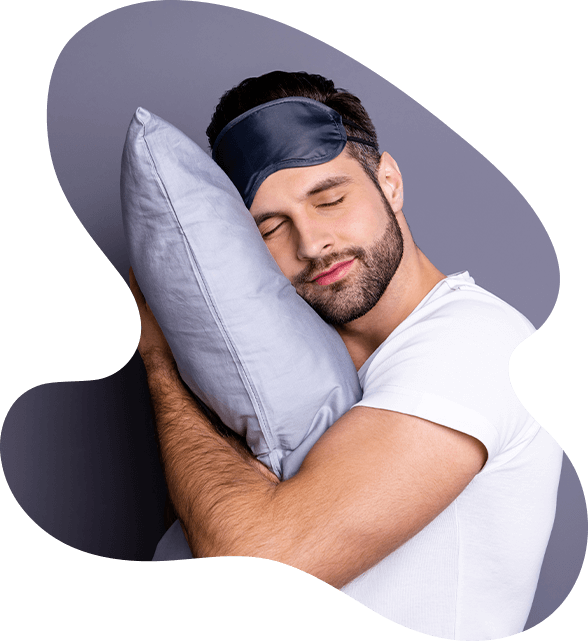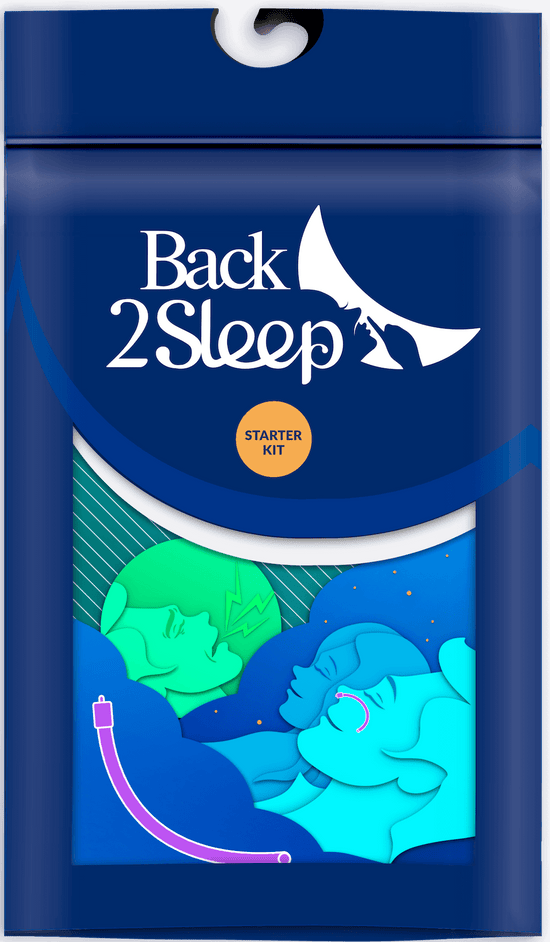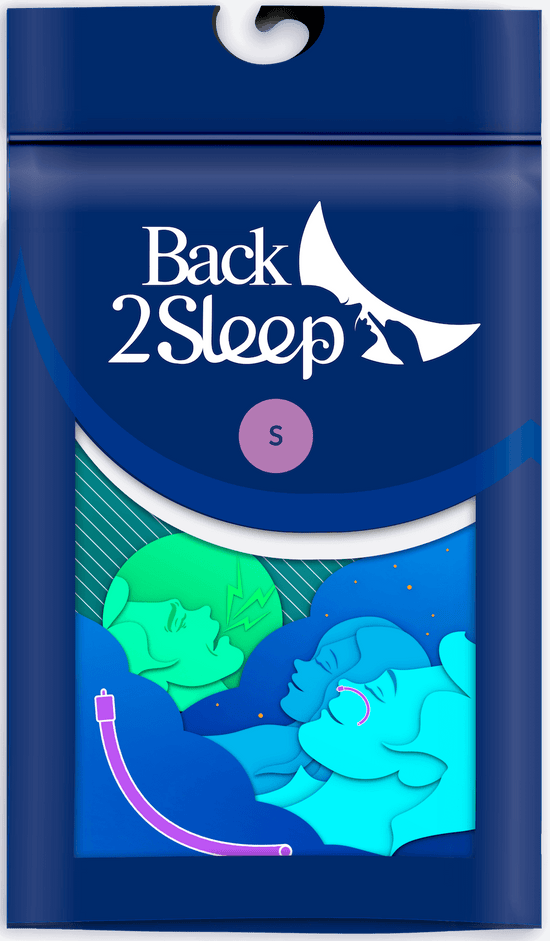Zeg stop om te slapen
apneu en snurken!
Ons medische anti-snurkapparaat
behaalt 92% tevredenheid
en bewezen resultaat!
Na 10 jaar onderzoek en ontwikkeling presenteren we de Back2Sleep-oplossing.

Het geluid van snurken kan oplopen tot 100 decibel (dwz het geluid van een boor!) Het heeft een impact op het sociale leven en kan het slaapritme beïnvloeden, met vermoeidheid en het risico op ongevallen tot gevolg.
In meer ernstige gevallen kan snurken een slaapapneusyndroom verbergen met ernstige gevolgen zoals hart- en vaatziekten.
"Snurken begrijpen en hoe het aan te pakken" door professor Chabolle
Professor Chabolle is een wereldberoemde KNO-arts (Oor, Neus, Keel). Hij legt de oorzaken van snurken en slaapapneu uit, evenals het werkingsmechanisme van Back2Sleep. De uitleg is in het Frans met Engelse ondertiteling.
-

Plaatsing? Eenvoudig!
10 seconden is genoeg
57.000 Apotheken
Partners wereldwijd!
1000000
buizen
verkochtNog meer redenen
om onze Back2Sleep-oplossing te kiezenTerug2Slapen,
het antwoord op al uw
Slaapproblemen-

Eerste gebruik?
Bestel dan onze Starterskit!Lees meer over de starterskit4 verschillende lengtes om de lengte te vinden die effectief en comfortabel is
-

Al gebruiker?
Bestel onze reguliere oplossing!Ontdek onze abonnementsoplossingenEenvoudig, efficiënt en zuinig, elke box is voorzien voor een maand gebruik!
Wetenschappelijk bewezen resultaat!
Het therapeutisch effect van Back2Sleep (voorheen nastent®) op de apneu-hypopneu-index voor de behandeling en tijdens de behandeling bij 6 patiënten gedurende 1 maand.
De afname van de apneu-hypopneuscore wordt bevestigd bij het verbeteren van de zuurstofsaturatie-indexscore.
- Een selectie kiezen resulteert in het geheel verversen van de pagina.
- Opent in een nieuw venster.













